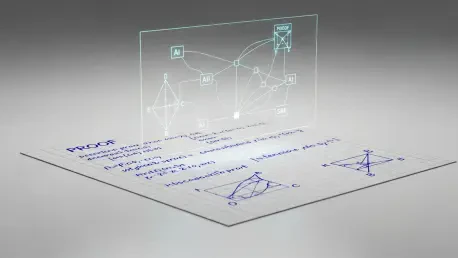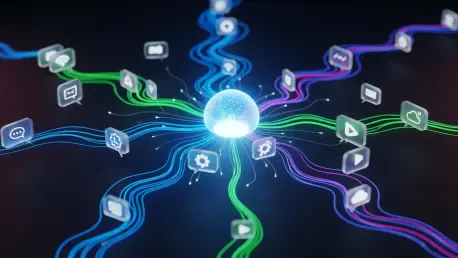
The messy scrawl of a student's long-division problem, complete with a misplaced decimal and a small arithmetic error, represents one of the final frontiers for artificial intelligence in the classroom. For years, educators have spent countless hours deciphering such work, a task that is both a

The year 2025 will be remembered not for what artificial intelligence said, but for what it finally started to do on its own, fundamentally altering the digital landscape in ways we are only now beginning to comprehend. After years of development where AI excelled at conversation and content

The transformation of a research lab founded to safeguard humanity's future into a corporate behemoth chasing a trillion-dollar valuation is one of the most compelling and cautionary tales of our time. OpenAI, which recently passed its tenth anniversary, now stands at the apex of the artificial

A stunning paradox defines modern computation, a world where an artificial intelligence can achieve a gold-medal score at the International Mathematical Olympiad yet simultaneously stumble over simple arithmetic. This contradiction places a spotlight on an often-overlooked tool, a single-purpose

The most powerful artificial intelligence systems of our time are built upon a foundation that, according to decades of statistical theory, should crumble under its own complexity. These models, containing billions or even trillions of tunable parameters, possess a capacity so vast they could

A striking contradiction defines the cutting edge of artificial intelligence, where systems that draft legal contracts and generate intricate code are often stumped by elementary school multiplication. This paradox highlights what many researchers call AI's "jagged frontier"—its uneven landscape of